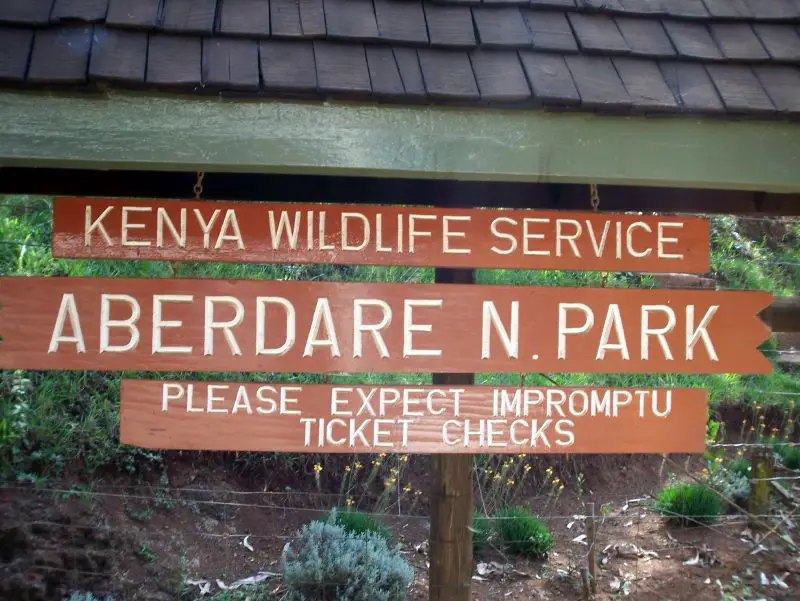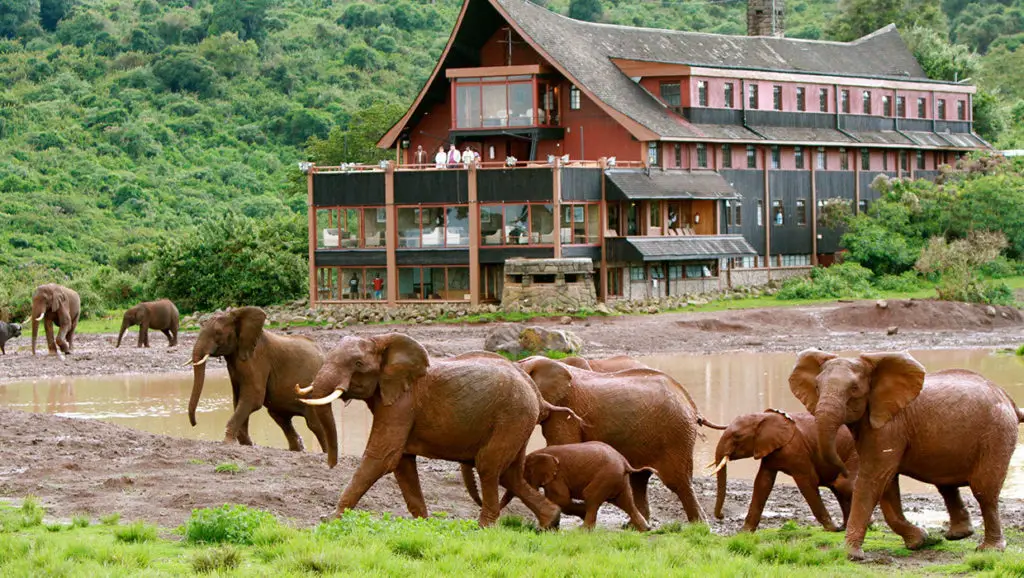Education in Mombasa City, Kenya, is a dynamic and evolving sector that plays a crucial role in the region’s socio-economic development.
As Kenya’s second-largest city and a major coastal hub, Mombasa offers a diverse range of educational institutions from pre-primary to tertiary levels.
The city’s education system reflects a blend of public and private institutions, influenced by both traditional Kenyan curricula and international educational models.
Despite facing challenges such as infrastructure limitations and resource constraints, Mombasa’s education sector continues to grow, adapting to meet the needs of its multicultural population and the demands of a changing global economy.
What is the structure of the education system in Mombasa?
Mombasa’s education system follows the national Kenyan structure:
- Pre-Primary Education (2 years)
- Primary Education (6 years)
- Secondary Education (6 years)
- Tertiary Education (Universities, Colleges, Technical Institutes)
The system is transitioning to the new Competency-Based Curriculum (CBC), which aims to focus more on skills development.
How many schools are there in Mombasa?
As of 2024, Mombasa has a diverse range of educational institutions:
- Public Primary Schools: Approximately 85
- Public Secondary Schools: Around 35
- Private Schools (Primary and Secondary): Over 200
- International Schools: About 10
- Special Needs Schools: 5
- Tertiary Institutions: 15+
Note: These numbers are approximate and subject to change.
What are the main challenges facing education in Mombasa?
Mombasa’s education sector faces several challenges:
- Overcrowding in public schools
- Limited infrastructure and resources
- Teacher shortages in some areas
- High dropout rates, especially in secondary education
- Inequality in access to quality education
- Impact of poverty on school attendance and performance
- Cultural barriers affecting girls’ education in some communities
- Limited access to technology and digital learning resources
How does the quality of education in Mombasa compare to other Kenyan cities?
Comparison of education quality in major Kenyan cities:
| Aspect | Mombasa | Nairobi | Kisumu |
|---|---|---|---|
| National Exam Performance | Above Average | High | Average |
| Teacher-Student Ratio | 1:40 (approx.) | 1:35 (approx.) | 1:45 (approx.) |
| Access to Technology | Moderate | High | Low to Moderate |
| Number of Universities | 3 | 20+ | 5 |
| International Schools | 10 | 50+ | 5 |
Note: These figures are approximate and can vary based on specific data sources and years.
What higher education institutions are available in Mombasa?
Mombasa offers several options for higher education:
- Technical University of Mombasa
- Mombasa Campus of the University of Nairobi
- Kenyatta University Mombasa Campus
- Mombasa Aviation Training Institute
- Kenya Medical Training College – Mombasa Campus
- Mombasa Polytechnic University College
- Several private colleges and vocational training centers
How does the government support education in Mombasa?
The government supports education in Mombasa through various initiatives:
- Free Primary Education (FPE) program
- Subsidized Secondary Education
- Infrastructure development projects
- Teacher recruitment and training programs
- Provision of learning materials
- School feeding programs in some areas
- Implementation of the new Competency-Based Curriculum
- Adult education programs
What role do private schools play in Mombasa’s education system?
Private schools are significant in Mombasa’s education landscape:
- Offer alternative curricula (e.g., British, American, International Baccalaureate)
- Often have better facilities and lower student-teacher ratios
- Cater to expatriate communities and affluent local families
- Provide education in areas underserved by public schools
- Contribute to educational diversity and competition
- Sometimes partner with public schools for resource sharing and teacher training
How does technology impact education in Mombasa?
Technology is increasingly influencing education in Mombasa:
- Introduction of computer labs in many schools
- Use of tablets and e-learning platforms in some private schools
- Growing availability of online courses and distance learning options
- Integration of digital literacy in curricula
- Challenges in equipping all schools with necessary technology
- Increased use of educational apps and mobile learning
- Training programs for teachers in ICT skills
What special education programs are available in Mombasa?
Mombasa offers several special education programs:
- Schools for visually impaired students
- Institutions for hearing-impaired learners
- Programs for students with physical disabilities
- Centers for children with autism and developmental disorders
- Integrated programs in some mainstream schools
- Vocational training for students with special needs
However, there is still a need for more comprehensive special education services.
How does Mombasa address adult education and literacy?
Mombasa has initiatives to address adult education and literacy:
- Adult education centers in various parts of the city
- Evening classes for working adults
- Literacy programs in community centers
- Vocational training for adults seeking new skills
- Partnerships with NGOs for adult education initiatives
- Mobile learning programs for remote areas
What international curricula are offered in Mombasa schools?
Several international curricula are available in Mombasa:
- British Curriculum (IGCSE, A-Levels)
- American Curriculum
- International Baccalaureate (IB)
- Cambridge International Examinations
- French Curriculum (in select schools)
- German Curriculum (in select schools)
These are primarily offered in private and international schools.
How does the education system in Mombasa prepare students for the job market?
Mombasa’s education system aims to prepare students for employment through:
- Integration of vocational subjects in secondary schools
- Emphasis on digital literacy and technology skills
- Internship programs with local businesses
- Career guidance and counseling services
- Entrepreneurship education in some institutions
- Partnerships with industry for curriculum development
- Technical and Vocational Education and Training (TVET) programs
What is the state of early childhood education in Mombasa?
Early childhood education in Mombasa is growing:
- Increasing number of pre-primary schools
- Mix of public and private providers
- Implementation of play-based learning approaches
- Challenges in achieving universal access
- Growing awareness of the importance of early education
- Training programs for early childhood educators
- Integration of local languages and culture in curricula
How does Mombasa address gender disparities in education?
Efforts to address gender disparities in Mombasa’s education include:
- Campaigns to promote girls’ education
- Provision of sanitary products in some schools
- Mentorship programs for female students
- Gender-sensitive policies in educational institutions
- Scholarships and bursaries targeting girls
- Awareness programs to combat cultural barriers
- Efforts to increase female representation in STEM subjects
What role do religious institutions play in Mombasa’s education?
Religious institutions have a significant impact on education in Mombasa:
- Many schools are faith-based (Christian, Islamic, Hindu)
- Religious education is part of the curriculum in many schools
- Some madrasas (Islamic schools) offer both religious and secular education
- Faith-based organizations provide funding and resources for schools
- Religious values influence school cultures and policies
- Interfaith educational initiatives promote cultural understanding
How does Mombasa’s multicultural nature affect its education system?
Mombasa’s multicultural nature influences its education system:
- Diverse language offerings in schools (Swahili, English, Arabic, etc.)
- Cultural sensitivity in curriculum design
- Celebration of various cultural and religious festivals
- Emphasis on tolerance and cultural understanding
- Challenges in balancing diverse cultural expectations
- Opportunities for cultural exchange programs
- Multilingual education approaches in some schools
What are the future trends and challenges for education in Mombasa?
Future trends and challenges for Mombasa’s education sector include:
Trends:
- Increased integration of technology in learning
- Growth of international and bilingual schools
- Focus on skills-based and practical education
- Expansion of STEM education initiatives
- Greater emphasis on environmental and sustainability education
Challenges:
- Adapting to the new Competency-Based Curriculum
- Addressing the digital divide among students
- Improving infrastructure to match population growth
- Enhancing teacher training and retention
- Balancing traditional values with global educational trends
- Preparing students for a rapidly changing job market
- Ensuring inclusive education for all segments of society
In conclusion, education in Mombasa City, Kenya, is a complex and evolving sector that reflects the city’s diverse cultural landscape and economic aspirations.
While facing challenges such as resource constraints and infrastructure limitations, Mombasa’s education system is striving to adapt to modern educational trends and the needs of its multicultural population.
The blend of public and private institutions, along with the introduction of international curricula, provides a diverse educational landscape. However, issues of access, quality, and equity remain significant challenges.
As Mombasa continues to grow as a major urban center in Kenya, its education system will play a crucial role in shaping the city’s future workforce and contributing to its socio-economic development.
The ongoing efforts to integrate technology, address gender disparities, and prepare students for a globalized job market are positive steps towards creating a more robust and inclusive education system in Mombasa.



